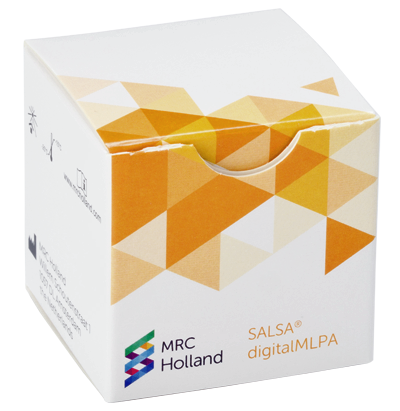Breast and ovarian carcinomas are among the most common malignancies in developed countries. The majority of cases are considered sporadic, but in a substantial portion, a clear history of cases within a family is present. The BRCA1 and BRCA2 proteins are associated with the activation of double-strand break repair and homologous recombination and are important in maintaining genomic stability. Germline defects in the BRCA1 gene are the most frequent cause of a hereditary predisposition to breast cancer. Features characteristic of hereditary, versus sporadic, breast cancer are: younger age at diagnosis, frequent bilateral disease, and more frequent occurrence of diseases such as prostate and breast cancer among male relatives. Mutations in the BRCA1 and BRCA2 genes account for about 20-25% of hereditary breast cancers (Easton 1999) and about 5-10% of all breast cancers (Campeau et al. 2008). In addition, mutations in the BRCA1 and BRCA2 genes account for around 15% of ovarian cancers (Pal et al. 2005). Women with a germline BRCA1 mutation have a 55-72% risk of developing breast cancer by age 70, while the risk of women in the general population is 12%. The lifetime risk of developing ovarian cancer in women with a germline BRCA1 mutation is 39-44%, compared to 1-2% in the general population.
The great majority of germline defects in the BRCA1 gene are point mutations that can be detected by sequence analysis. Deletions and duplications of complete exons in the BRCA1 gene are the second most common cause of defects in the BRCA1 gene. These copy number changes are usually missed by amplicon-based sequencing analysis (Sanger sequencing or Next Generation Sequencing), but can be detected by MLPA and hence MLPA complements sequence analysis of the BRCA1 gene. CNVs in BRCA1 account for 11-13% of all BRCA1 pathogenic mutations, dependent on the population. Some populations have a higher prevalence of CNVs in HBOC patients. For example in Italian HBOC families the prevalence is 23% (Montagna et al. 2003), in the Netherlands 27-36% (Hogervorst et al. 2003; Petrij-Bosch et al. 1997), while in a Danish cohort of HBOC patients the prevalence was 3.8% (Thomassen et al. 2006).
More information is available at http://www.ncbi.nlm.nih.gov/books/NBK1247/.







